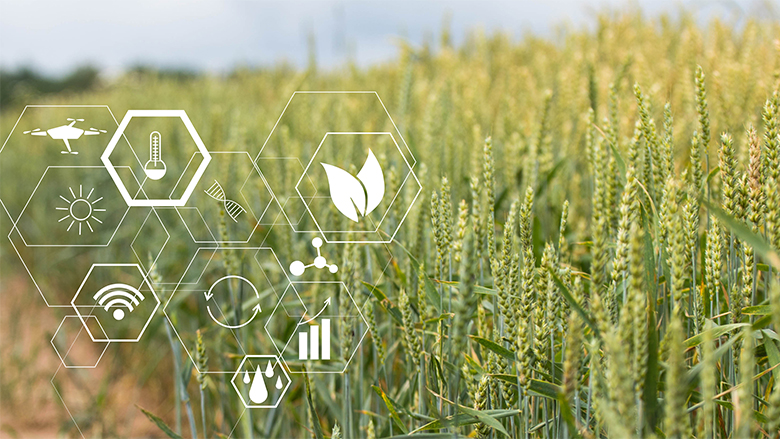In the powerful landscape of contemporary industry, the chemical manufacturing market performs a crucial role in supplying important supplies for a variety of apps. Nonetheless, the production operations involved with chemical vegetation usually have important environmental implications, makes it important to carefully monitor and control their impact on the environment. To address these issues and make certain sustainability and regulatory compliance, numerous chemical plants and flowers are looking at Laboratory Information Management Systems LIMS as being a complete solution.
Streamlining Environmental Monitoring
Laboratory Information Management Systems LIMS are software platforms designed to control and enhance a variety of laboratory processes, including sample tracking, data management, and reporting. Within the framework of chemical plant life, LIMS may serve as an effective instrument for monitoring environmental factors, tracking pollutants, and guaranteeing compliance with strict rules and click here https://atlab.com/industries/chemical-lims/. One of many primary difficulties in environmental monitoring is definitely the absolute amount of data generated from diverse options in just a chemical grow. LIMS can blend data from different monitoring tools and sources, offering a centralized program for real-time data series and analysis. This integration improves data accuracy, decreases man errors, and makes it possible for swift identification of anomalies or deviations from set up environmental standards.

Sustainability by means of Data-Driven Information
Sustainability is really a key objective for chemical plants trying to minimize their environmental footprint. LIMS can play a role drastically to sustainability endeavors by enabling data-driven decision-making. By way of real-time data monitoring and analysis, herb operators can recognize regions of inefficiency or abnormal source usage. This permits for well-timed adjustments to operations, perfecting source of information utilization and minimizing waste technology. Furthermore, LIMS can help predictive analysis by determining trends and designs in environmental data. This allows proactive measures to stop prospective environmental threats, reduce pollutants, and improve total method efficiency. By taking on an assertive stance through data-driven ideas, chemical plants can line-up their operations with sustainable practices and contribute to an eco-friendly long term.
Ensuring Regulatory Compliance
Rigorous environmental rules regulate the operations of chemical plants to mitigate possible hazards to human health as well as the environment. Low-compliance by using these rules can lead to serious legitimate consequences and reputational problems. LIMS can make thorough and exact compliance reports, supplying a translucent document of your plant’s adherence to environmental criteria. Moreover, LIMS can inform vegetation operators in real-time if any supervised parameter techniques a regulatory tolerance, enabling quick corrective actions in order to avoid offenses.
Collaboration and Openness
Effective environmental monitoring in chemical plant life calls for collaboration amid various sectors, stakeholders, and regulatory systems. LIMS encourages collaboration through providing a centralized system where by relevant functions can access and talk about environmental data and reports. This visibility increases interaction and coordination, enabling fast responses to promising environmental challenges.
Laboratory Information Management Systems LIMS provide a comprehensive means to fix address these imperatives by streamlining environmental monitoring, empowering data-driven sustainability initiatives, guaranteeing regulatory compliance, and endorsing collaboration amid stakeholders. By using the effectiveness of LIMS, chemical plant life can give rise to a cleaner and less dangerous environment whilst getting their long term viability inside an aggressive business landscape.